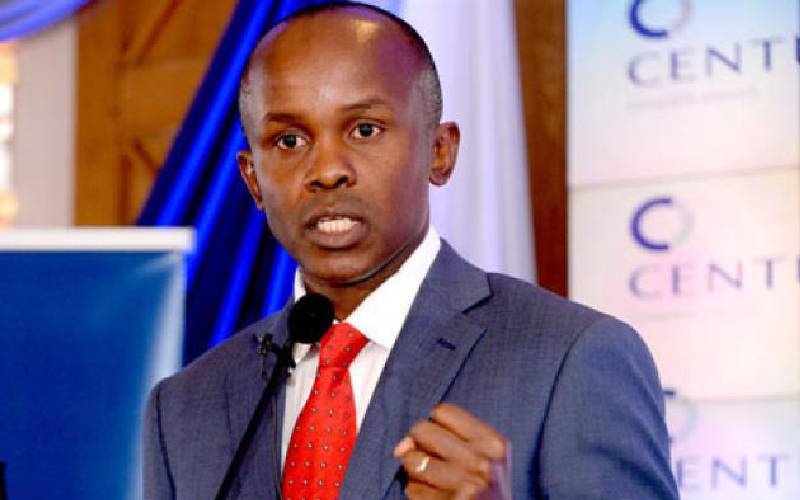×
The Standard e-Paper
Join Thousands Daily

The outbreak of the coronavirus pandemic this year has presented the private sector with the biggest existential threat in modern history.
For the first time in more than 20 years, Kenya’s economy has gone into recession, with both production and consumption stunted for the foreseeable future.